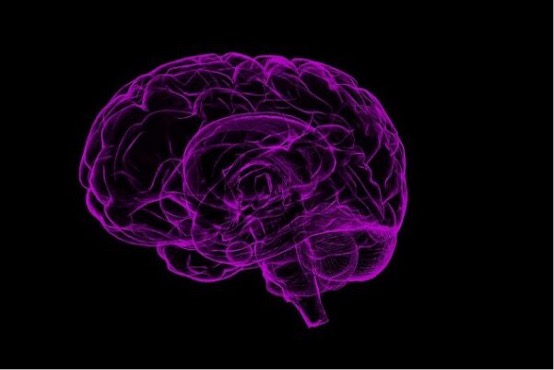Boehringer Ingelheim Places €25M Bet on Sosei’s Novel Approach to Schizophrenia
March 13, 2024
Source: drugdu
 348
348
Sosei Heptares’ schizophrenia drug candidate addresses a novel, difficult-to-drug target for neurological disorders. Boehringer Ingelheim can exercise its option on the small molecule following a Phase 1 test expected to yield data in 2025.
By FRANK VINLUAN Antipsychotic medications used to treat schizophrenia don’t work for all patients, and even when they do, side effects lead many people to stop taking them. Sosei Heptares is developing a novel drug that could bring patients better efficacy along with fewer side effects, and that potential has caught the interest of Boehringer Ingelheim.
Antipsychotic medications used to treat schizophrenia don’t work for all patients, and even when they do, side effects lead many people to stop taking them. Sosei Heptares is developing a novel drug that could bring patients better efficacy along with fewer side effects, and that potential has caught the interest of Boehringer Ingelheim.
The German pharmaceutical company has inked a deal for an exclusive option on Sosei Heptares’s schizophrenia drug candidate, which is in early clinical development. Under deal terms announced Monday, Boehringer is paying its new partner €25 million up front.
Sosei Heptares’s schizophrenia research address a G protein-coupled receptor (GPCR) called GPR52. This particular receptor is highly expressed in the brain, making it a valuable drug target for treating neurological and neuropsychiatric disorders. But it’s also an orphan receptor, meaning it does not have any known substances in the body that can bind to it to spark an effect. Lacking endogenous ligands makes it hard to understand orphan receptors and how to drug them.
Sosei’s StaR technology platform stabilizes a GPCR, enabling scientists to better understand its structure in order to discover molecules that can target it. The company has developed small molecules that can selectively bind to and activate GPR52, potentially addressing various symptoms of schizophrenia. The most advanced of these programs, HTL0048149, is a once-daily oral drug is designed to selectively target GPR52. In addition to treating schizophrenia symptoms, the molecule is also intended to minimize adverse effects associated with currently available antipsychotic drugs.
A Phase 1 clinical trial began in the United Kingdom last year assessing single- and multiple-ascending doses in healthy volunteers. Preliminary data are expected next year. Under the deal terms, Sosei Heptares will continue development of HTL0048149 through Phase 1b clinical testing. After that, Boehringer may exercise its option to license the molecule to continue its clinical development. In addition to HTL0048149, the license covers back-up compounds designed by the Sosei Heptares technology.
If the German pharma company exercises its option on schizophrenia drug candidate, the deal calls for an additional payment of €60 million. Depending on the progress of the research, Boehringer could pay out up to €670 million, plus royalties from sales of an approved schizophrenia drug.
“We’re very excited to enter this partnership with Sosei Heptares with this novel approach, which aims to address a huge unmet need of those living with schizophrenia,” Hugh Marston, global head CNS discovery research at Boehringer Ingelheim, said in a prepared statement. “This partnership is highly complementary to our other development programs aiming to bring a new precision medicine approach to the treatment of mental health disorders with therapies, which we hope will transform the lives of those living with schizophrenia.”
Boehringer’s schizophrenia work includes a collaboration with Click Therapeutics, a digital therapeutics developer. The partnered program, CT-155, is a smartphone app intended to augment standard of care therapy to treat the behavioral aspects of schizophrenia. This program has reached Phase 3 testing. At the time the deal was announced in 2020, the companies did not break out specific financial details but said the combined upfront and milestone payments could reach $500 million.
Public domain image by Flickr user SciTechTrend
Read more on
- Gusekirumab Injection Accepted by CDE, Multiple Pipelines Advancing Simultaneously March 4, 2026
- Yifan Pharmaceutical’s teriparatide injection has been accepted by the CDE (Center for Drug Evaluation), adding a new domestic player to the osteoporosis treatment field March 4, 2026
- //news.yaozh.com/archive/47318.html PD-1 sales surge March 4, 2026
- A major breakthrough! Roche’s oral BTK inhibitor achieves its third Phase III clinical trial victory, a game-changer in the multi-billion dollar MS (manufactured pharmaceuticals) market. March 4, 2026
- GB19 Injection Approved for Clinical Trials of Cutaneous Lupus Erythematosus March 4, 2026
your submission has already been received.
OK
Subscribe
Please enter a valid Email address!
Submit
The most relevant industry news & insight will be sent to you every two weeks.



